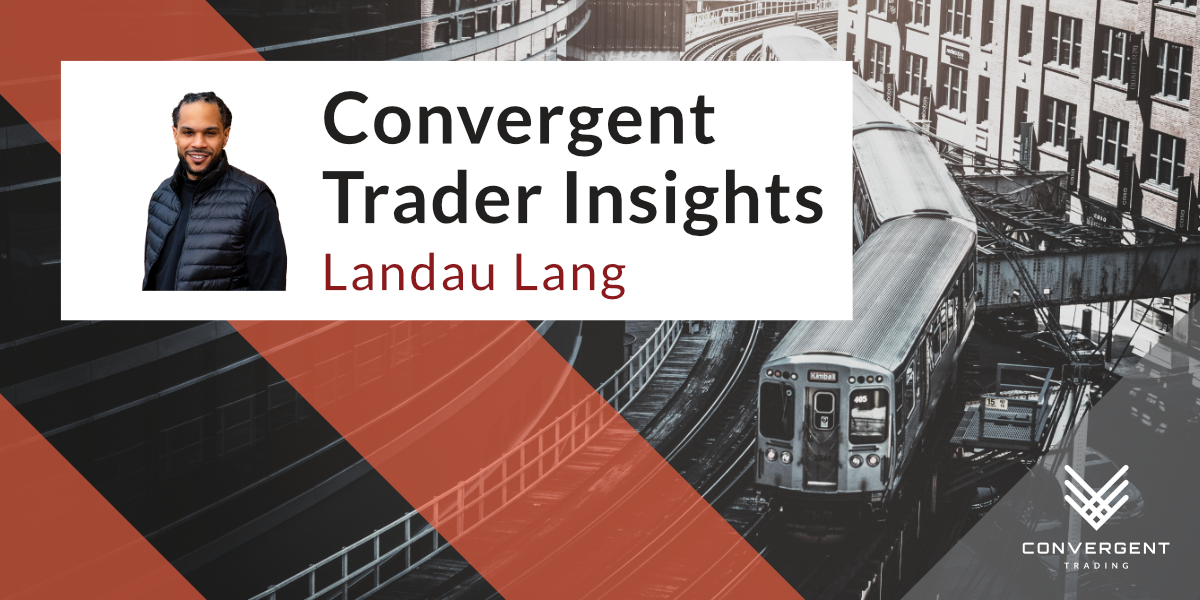Should You Trade High Volatility Markets?
The Essence of High Volatility
High-volatility markets are characterized by aggressive price movements, offering day traders the opportunity to achieve substantial gains (or losses) within short periods. Deciding whether or not to engage in high-volatility markets is a significant consideration , with traders needing to balance the potential of greater returns with the reality of increased risks. The essence of trading in such conditions is not just about the pursuit of gains, but also about the mastery of one’s strategy, risk management, and emotional discipline.
Advantages of Trading in High Volatility
- Enhanced R-factor Potential: Aggressive price movements in volatile markets can result in significant gains. Traders who can navigate high volatility effectively and consistently will find rewards that definitively outweigh the risks.
- Trading Opportunities: Volatility typically increases the number of unique trade opportunities. For active day traders, this means more setups during a session.
- Fast-Paced Trading: Volatility provides quick feedback on trades, you know if you are right or wrong nearly instantly. Some traders find it easier to manage trades while they are moving rapidly and may tend to over-manage trades in slower-paced environments.
Challenges of Trading in High Volatility
- Aggressive Pace: The rapid movements in a highly volatile market can be overwhelming, making it hard to execute well-thought-out decisions.
- Frequent Stop-Outs: The likelihood of being stopped out increases as prices can swing widely. (Unless the trader has adjusted stops accordingly)
- Emotional Strain: The volatile movements can test a trader’s emotional resilience. Maintaining discipline and focus during a chaotic market environment is crucial.
- Demand for Quick Reaction Time: High volatility requires traders to make decisions swiftly. This can be a double-edged sword, as haste can lead to errors if not balanced with self-awareness.
How To Know If High Volatility Is For You?
- Quick Decision Making: If you’re capable of making fast, non-emotional decisions, high volatility can be advantageous.
- Risk Management: If you can adhere to your risk plan consistently, high volatility might suit you. Often traders will need to manage wider stop losses and potentially adjust position sizes to control risk.
- Emotional Stability: Can you keep a cool head when the market is moving rapidly? Emotional resilience is key to trading in volatile conditions.
For more information on navigating high volatility, you may want to check out of free webinar on YouTube: ‘How to Survive & Profit in High Volatility Markets‘.
Trading in high-volatility markets is not inherently good or bad but depends on the individual trader’s strategy, skill set, and mental game. Tracking and adjusting to market volatility is a crucial skill for traders at all levels. Whether you decide to embrace the challenges of high volatility or seek more stable trading environments, the key is to determine how volatility fits into your trading plan.
Whether you’re developing your trade plan for the first time, or a veteran refining your strategy, Convergent Trading is here to support your journey with clear, actionable guidance. Join us to enhance your trading knowledge in a structured and comprehensive way!
– Landau Lang (Content & Community Manager at Convergent Trading)

